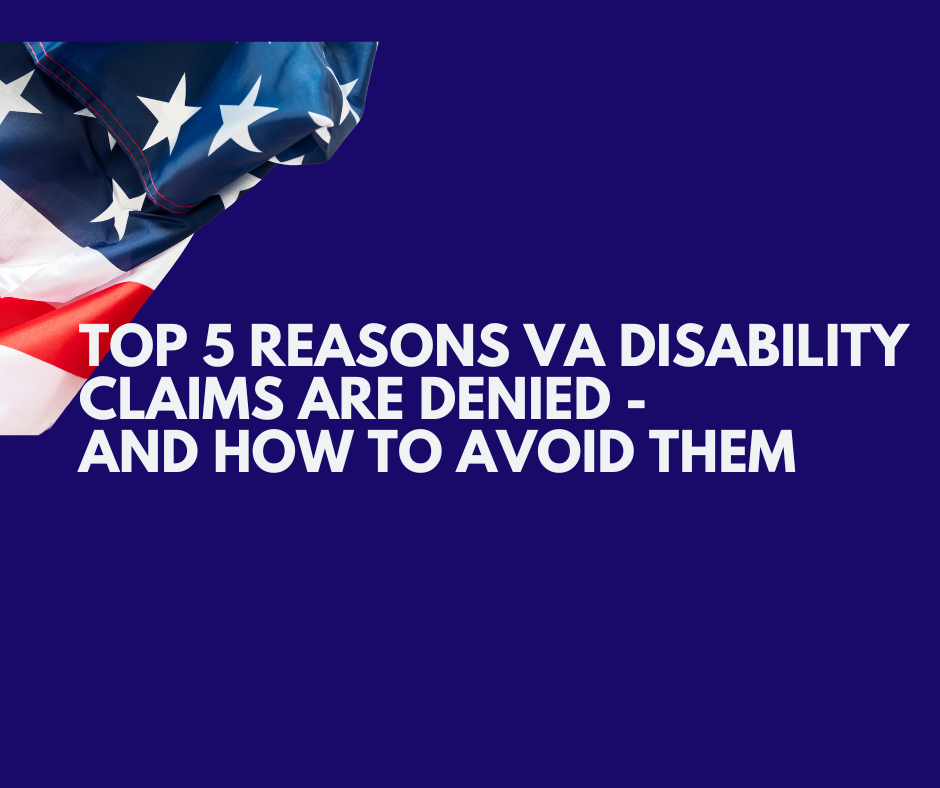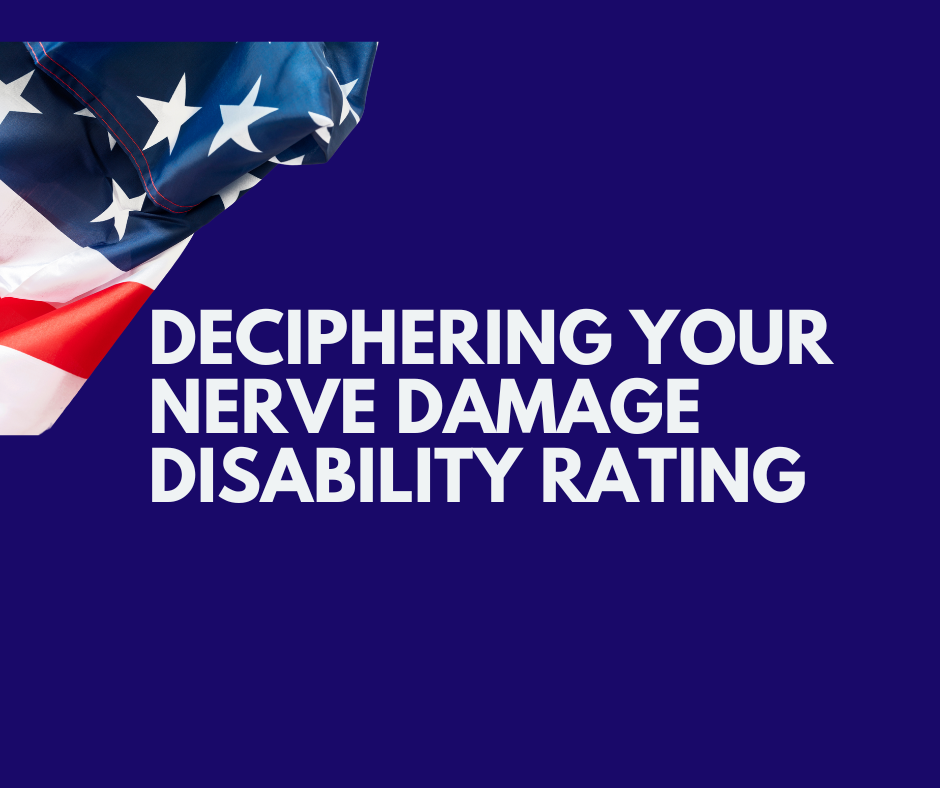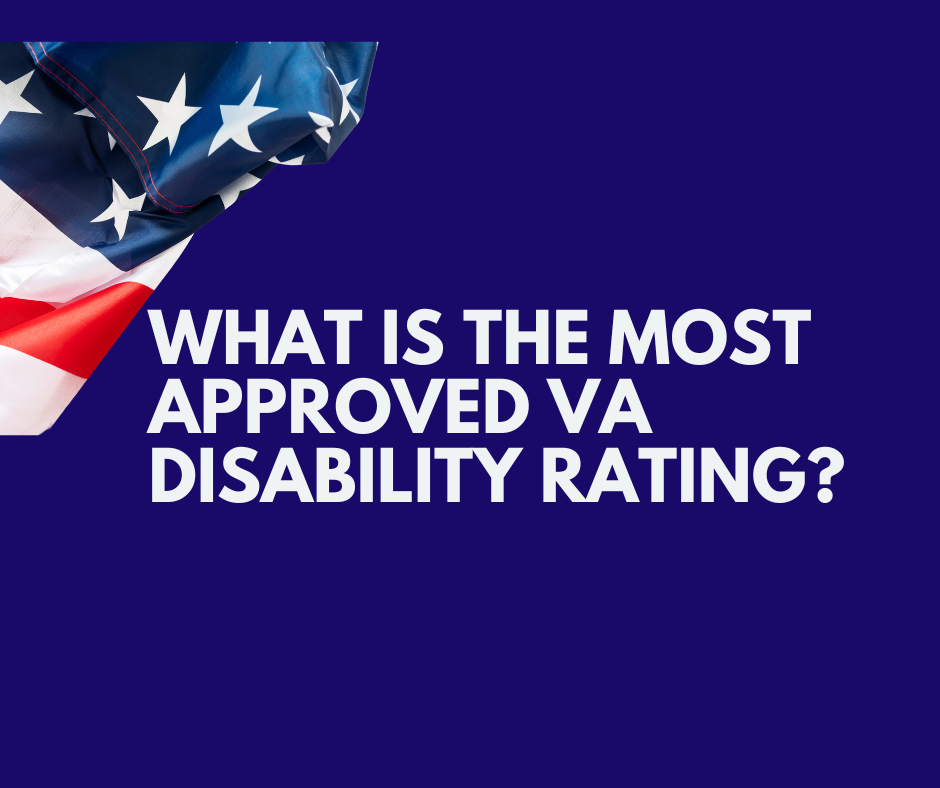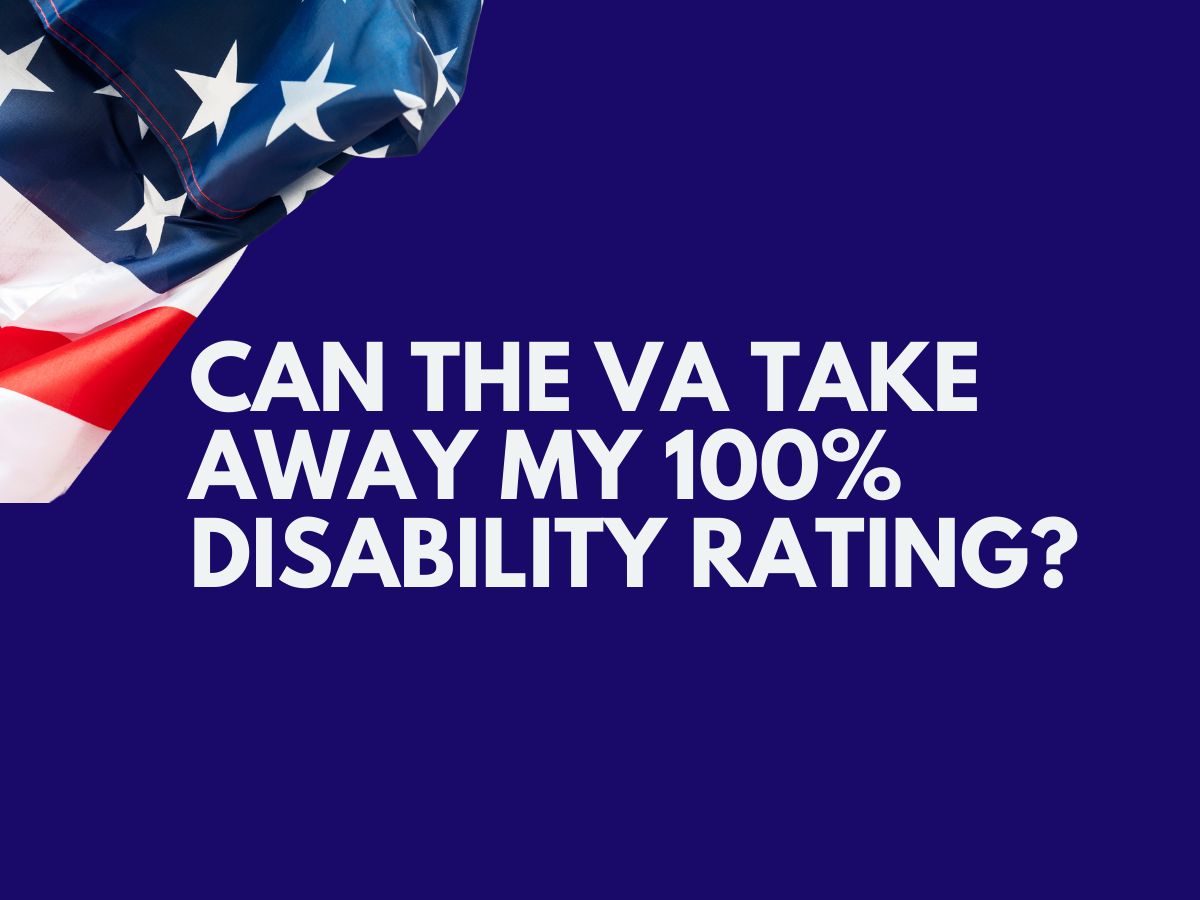For many veterans, the effects of Agent Orange exposure continue to impact their lives long after their service has ended. Obtaining the benefits and compensation they deserve can be a challenging and complex process. This blog post aims to guide you on your journey to secure the benefits you deserve, highlighting the importance of legal representation in Agent Orange cases, providing insights on the effects of Agent Orange, explaining the presumptive conditions linked to Agent Orange, and discussing the steps you have to take to get your Agent Orange claim approved.
Short Summary
Understanding your rights and accessing benefits is key for veterans affected by Agent Orange exposure.
Learn what medical conditions are presumptively linked to Agent Orange, as well as, what benefits exposed Veterans and their dependents and survivors may be entitled to.
How legal representation can help navigate the VA claims process, maximize disability benefits, and prove service connection to receive compensation.
Understanding Agent Orange Exposure and Its Effects
Agent Orange, a toxic herbicide used by the US military during the Vietnam War, has left a lasting impact on the health of many veterans. Exposure to this dangerous chemical has been linked to a wide range of health issues, making it crucial for affected veterans to seek disability benefits and compensation for their service-related illnesses and disabilities.
Veterans who were exposed to Agent Orange may be eligible for a variety of benefits, including disability compensation, health care, and vocational rehabilitation. It is important for veterans to understand their rights and seek the assistance they need to get their rights.
History of Agent Orange
During the Vietnam War, the US military utilized Agent Orange to defoliate forest cover and destroy crops, making it difficult for the enemy to hide and find sustenance. Composed of a 50:50 mixture of 2,4-dichlorophenoxyacetic acid (2,4-D) and 2,4,5-trichlorophenoxyacetic acid (2,4,5-T), the long-term effects of this herbicide were not fully understood at the time.
As a result, American veterans suffered from various health issues and birth defects related to Agent Orange exposure.
Presumptive Conditions Related to Agent Orange Exposure
Presumptive conditions are certain diseases that are considered to be associated with a veteran's qualifying military service. These conditions, often referred to as "presumptive diseases," have been recognized by the VA as being linked to exposure to Agent Orange or other herbicides during military service. If a veteran has developed a presumptive medical condition, and they can show they were in direct contact with Agent Orange, they are entitled to disability compensation. The following are a list of presumptive conditions:
AL Amyloidosis: This is a rare disease caused by the abnormal protein amyloid entering tissues or organs.
Bladder Cancer: A type of cancer that affects the bladder, where urine is stored before leaving the body.
Chronic B-cell Leukemias: This includes various types of cancer that affect white blood cells, such as chronic lymphocytic leukemia and hairy-cell leukemias.
Chloracne (or similar acneform disease): A skin condition that resembles common forms of acne seen in teenagers, occurring shortly after exposure to chemicals.
Diabetes Mellitus Type 2: A disease characterized by high blood sugar levels due to the body's improper response to insulin.
Hypertension: High blood pressure.
Hodgkin's Disease: A malignant lymphoma characterized by progressive enlargement of lymph nodes, liver, and spleen, along with progressive anemia.
Hypothyroidism: A condition in which the thyroid gland fails to produce sufficient important hormones.
Ischemic Heart Disease: A disease marked by reduced blood supply to the heart, resulting in chest pain.
Monoclonal gammopathy of undetermined significance (MGUS): A condition involving abnormal proteins in the blood.
Multiple Myeloma: A cancer of plasma cells, a type of white blood cell found in bone marrow.
Non-Hodgkin's Lymphoma: A group of cancers affecting lymph glands and other lymphatic tissue.
Parkinsonism: A condition causing abnormal movements like slow movement, speech difficulties, muscle stiffness, or tremors.
Parkinson's Disease: A progressive nervous system disorder affecting muscle movement.
Peripheral Neuropathy, Early-Onset: A nervous system condition causing numbness, tingling, and motor weakness.
Porphyria Cutanea Tarda: A disorder characterized by liver dysfunction and skin blistering in sun-exposed areas.
Prostate Cancer: Cancer that develops in the prostate gland, one of the most common cancers among men.
Respiratory Cancers (including lung cancer): Cancers affecting the lungs, larynx, trachea, and bronchus.
Soft Tissue Sarcomas (excluding osteosarcoma, chondrosarcoma, Kaposi's sarcoma, or mesothelioma): A group of various cancers in body tissues, including muscles, fat, blood vessels, lymph vessels, and connective tissues.
What Does "Presumptive Condition" Mean?
A presumptive condition refers to a medical condition that is assumed to be linked to your military service if you developed the condition while actively serving in the military.
For instance, let's say you were a Blue Water Navy member who served in Vietnam and later developed bladder cancer. In this case, your bladder cancer would be considered a presumptive condition. When you file a claim with the VA (Department of Veterans Affairs), their healthcare providers will assume that your exposure to Agent Orange during your service caused the development of your bladder cancer.
Having a presumptive condition can simplify and expedite the process of obtaining disability benefits. To establish a presumptive service connection, you must provide three key elements:
- A current and medically diagnosed disability;
- An event that occurred during your military service, which could have caused or worsened the disability; and
- A nexus letter that establishes a presumed connection between the event and your current disability.
Locations Where the VA Concedes Agent Orange Exposure
If you served on active duty in any of these locations, the VA automatically assume (or “presume”) that you had exposure to Agent Orange.
Vietnam
- Presumed exposure on land in Vietnam, on a vessel operating on the inland waterways of Vietnam, or on a vessel operating not more than 12 nautical miles seaward from the demarcation line of the waters of Vietnam and Cambodia as defined in Public Law 116-23 (Blue Water Navy Vietnam Veterans Act 2019) between January 9, 1962 and May 7, 1975;
- C-123 Airplanes and Agent Orange Residue; and
- Possible exposure of C-123 flight, ground maintenance, and aeromedical crew members to herbicide residue in C-123 planes flown during and after the Vietnam War.
Korea
- Presumed exposure for units determined by VA and DoD to have operated along the demilitarized zone in Korea between Sept. 1, 1967, and August 31, 1971.
Thailand
- VA presumes exposure to Agent Orange for Veterans who served on any U.S. or Royal Thai military base in Thailand from January 9, 1962, through June 30, 1976.
Herbicide Tests and Storage Outside Vietnam
- Possible exposure due to Department of Defense herbicide tests and storage at military installations in the United States and at locations in other countries, and locations added by the PACT Act.
Benefits Available to Agent Orange Veterans and Their Survivors
The VA offers health registry exams, health care, disability compensation and other benefits to eligible Veterans. Their dependents and survivors also may be eligible for benefits.
Health Care for Veterans
Veterans who were exposed to Agent Orange or other herbicides during military service may be eligible for:
- Agent Orange Health Registry Exam - a free exam for possible long-term health problems related to herbicide exposure. Veterans who served in Vietnam, the Korean demilitarized zone or other areas where Agent Orange was sprayed may be eligible.
- Treatment at the War Related Illness and Injury Study Center - The War Related Illness and Injury Study Center (WRIISC) of the VA offers specialized clinical expertise to veterans experiencing health concerns related to deployments or difficult-to-diagnose illnesses. WRIISCs are available in three locations: Washington, DC; East Orange, NJ; and Palo Alto, CA. To schedule an appointment at a WRIISC, a referral is required. It is necessary for veterans to be enrolled in and actively receiving VA health care services.
Disability Compensation for Veterans
Veterans may be eligible for disability compensation if they have a disability related to Agent Orange exposure during service and were discharged under other than dishonorable conditions.
VA has recognized certain cancers and other health problems as associated with exposure to Agent Orange or other herbicides during service.
Veterans with qualifying service in Vietnam or the Korean demilitarized zone are presumed to have been exposed to Agent Orange. Learn about other locations where Agent Orange was used. Other Veterans may be eligible if they show on a factual basis that they were exposed.
Benefits for children with birth defects
Children who have certain birth defects and are biological children of Vietnam-era Veterans with qualifying service in Vietnam or Korea may be eligible for VA compensation, health care, and vocational training.
Survivors' benefits
Surviving spouses, dependent children and dependent parents of Veterans who were exposed to Agent Orange or other herbicides during service and died as the result of diseases related to the exposure may be eligible for health care, compensation, education, and home loan benefits.
How to Apply for Disability Benefits for Agent Orange-Related Claims
Wondering how to initiate a claim for compensation? If you haven't filed a claim yet for a presumptive condition, you have several options. You can conveniently file a new claim online or choose to submit it by mail, in person, or with the assistance of a qualified professional.
In cases where you were previously denied, but the VA now recognizes your condition as presumptive, you have the option to file a Supplemental Claim.
What evidence must you provide with your claim?
You'll be required to submit the following records:
A medical record demonstrating that you have a health condition associated with Agent Orange.
Military records substantiating your exposure to Agent Orange during your service.
If your condition isn't included in the list of presumptive conditions, you'll also need to provide at least one of the following types of evidence:
- Evidence illustrating that the issue originated during your military service or worsened as a result of it.
- Scientific or medical evidence indicating that your condition is caused by Agent Orange. This could involve referencing an article from a medical journal or a published research study.
What military records will you need to submit?
You'll need to provide your discharge or separation papers that specify the duration and location of your service. This typically includes your DD214 or other separation documents.
Preparing Your Agent Orange Case: Essential Documentation and Evidence
To prepare a successful Agent Orange case, it is crucial to gather all necessary documentation and evidence. This includes military service records, medical records, expert opinions, buddy statements, and witness testimony.
Each of these elements plays a vital role in building a strong case and increasing the chances of obtaining the benefits you deserve.
Military Service Records
Military service records are crucial in establishing Agent Orange exposure during a veteran's time in service. These records, often maintained by service members, typically include details such as rank, dates of service, and any awards or decorations.
Veterans can request their military service records from the National Archives and Records Administration. Providing these records can help demonstrate the link between a veteran's Agent Orange exposure and their current health issues.
Medical Records and Expert Opinions
Medical records and expert opinions are essential for proving the link between Agent Orange exposure and a veteran's current health problems. These records should consist of the veteran's service medical records, post-service medical records, and expert opinions from medical professionals.
Having a lawyer assist with medical records and expert opinions can be extremely beneficial, as they can guide the veteran through the VA claims process, ensure all evidence is submitted, and help them receive the maximum possible disability benefits.
Buddy Statements and Witness Testimonies
Buddy statements and witness testimony are vital in corroborating a veteran's claim for compensation related to Agent Orange exposure. These statements can provide additional information not found in service or medical records and can help the VA determine the validity of the claim.
Veterans can submit buddy statements and witness testimonies in writing or as a sworn affidavit, including the name, address, and contact information of the person providing the statement, as well as a detailed description of the veteran's disability and its connection to their service.
Summary
In conclusion, securing disability benefits and compensation due to Agent Orange exposure can be a daunting and complex process for veterans. However, with the right legal representation, thorough preparation of documentation and evidence, and persistence throughout the appeals process, victory is attainable. We hope this blog post has provided valuable insights and guidance to help you in your journey to obtain the benefits you deserve. Remember, the fight for justice and compensation is not just for yourself, but also for your fellow veterans who have been affected by Agent Orange exposure. Together, we can make a difference.
If you or a loved one has been exposed to Agent Orange and needs assistance with getting a claim approved, contact our office today for a free consultation. Our attorneys have experience in handling Agent Orange cases and can help you reach a favorable outcome. Let Lawyers for American Vets help you obtain the benefits you deserve.









